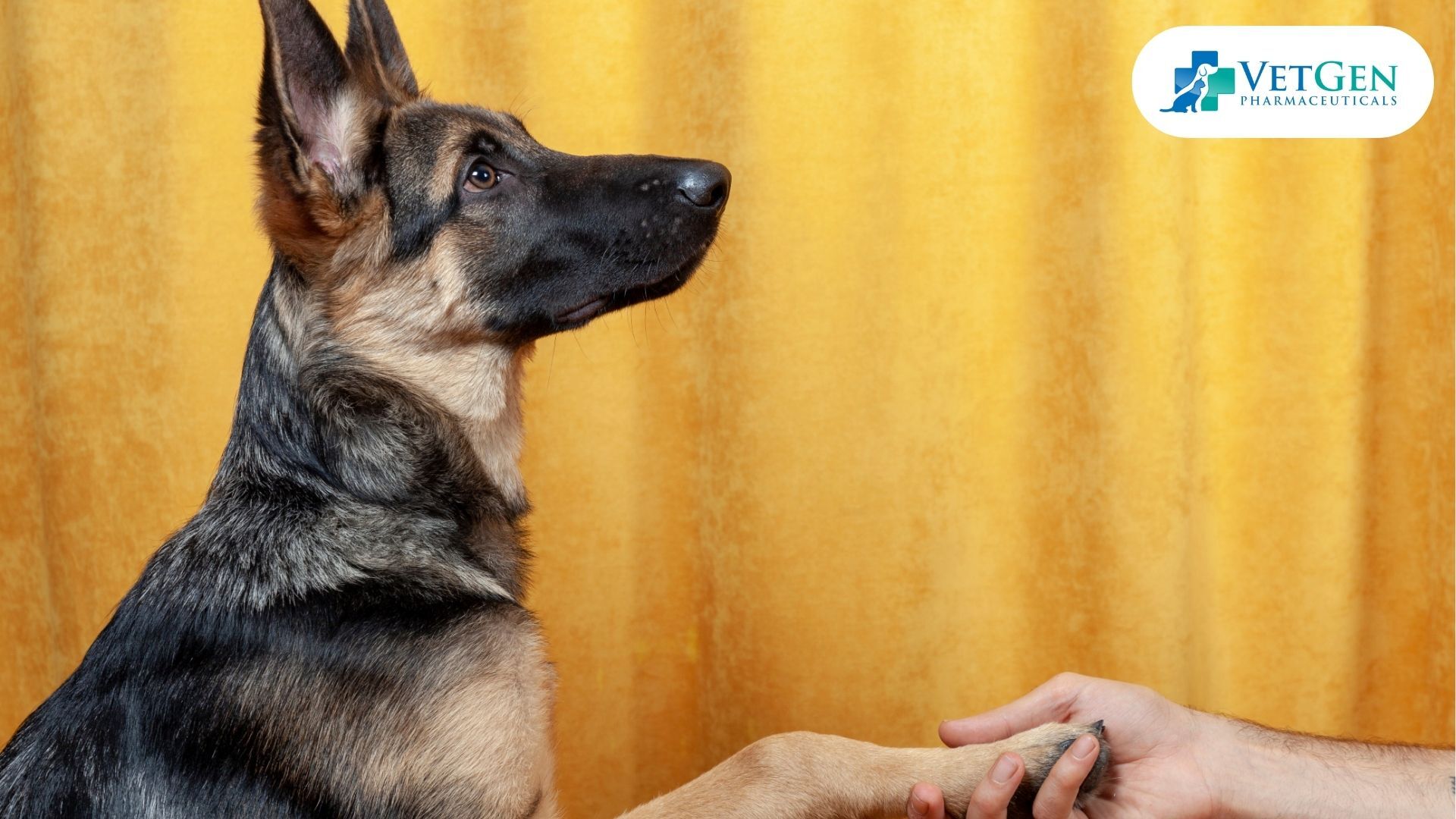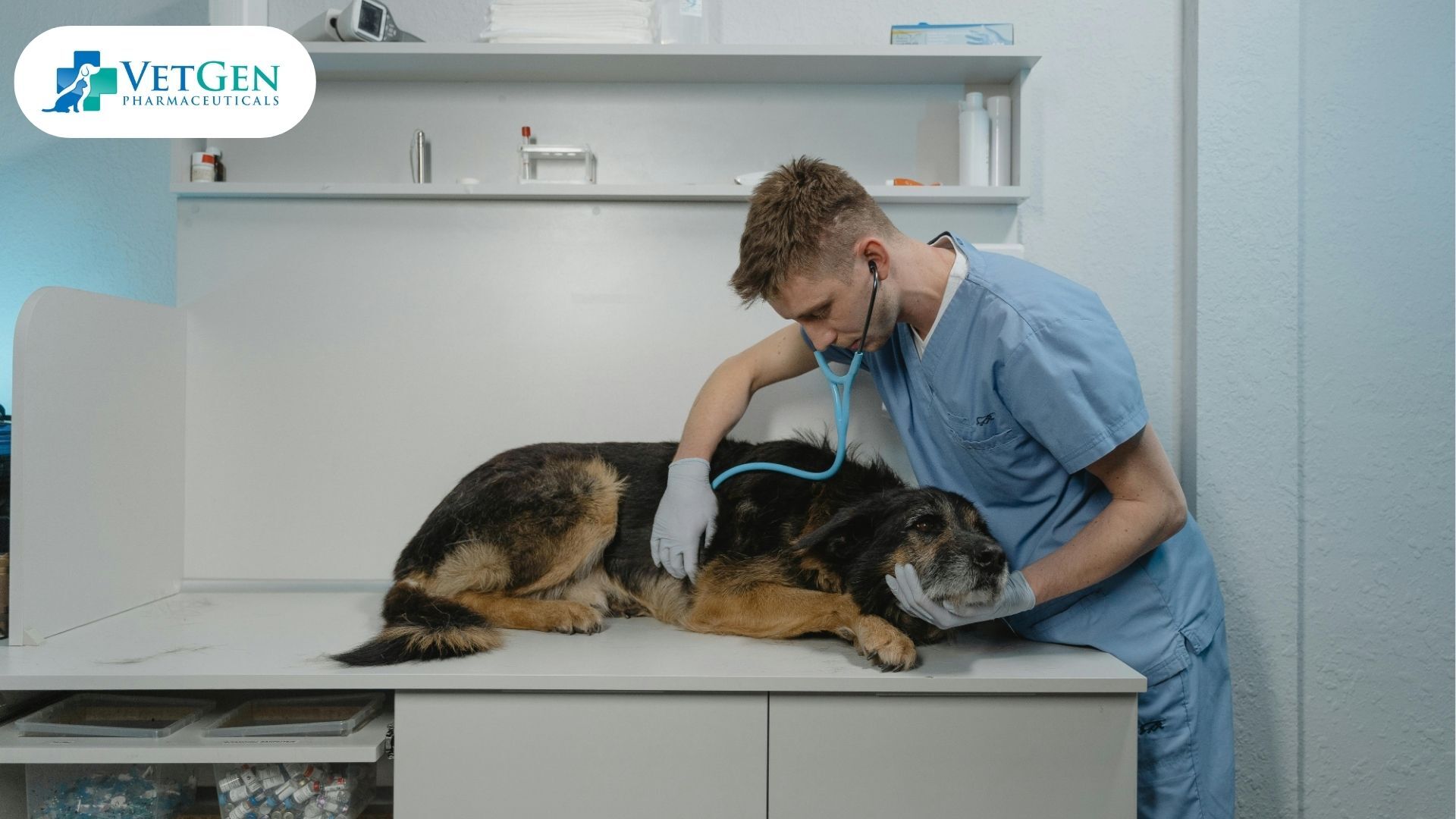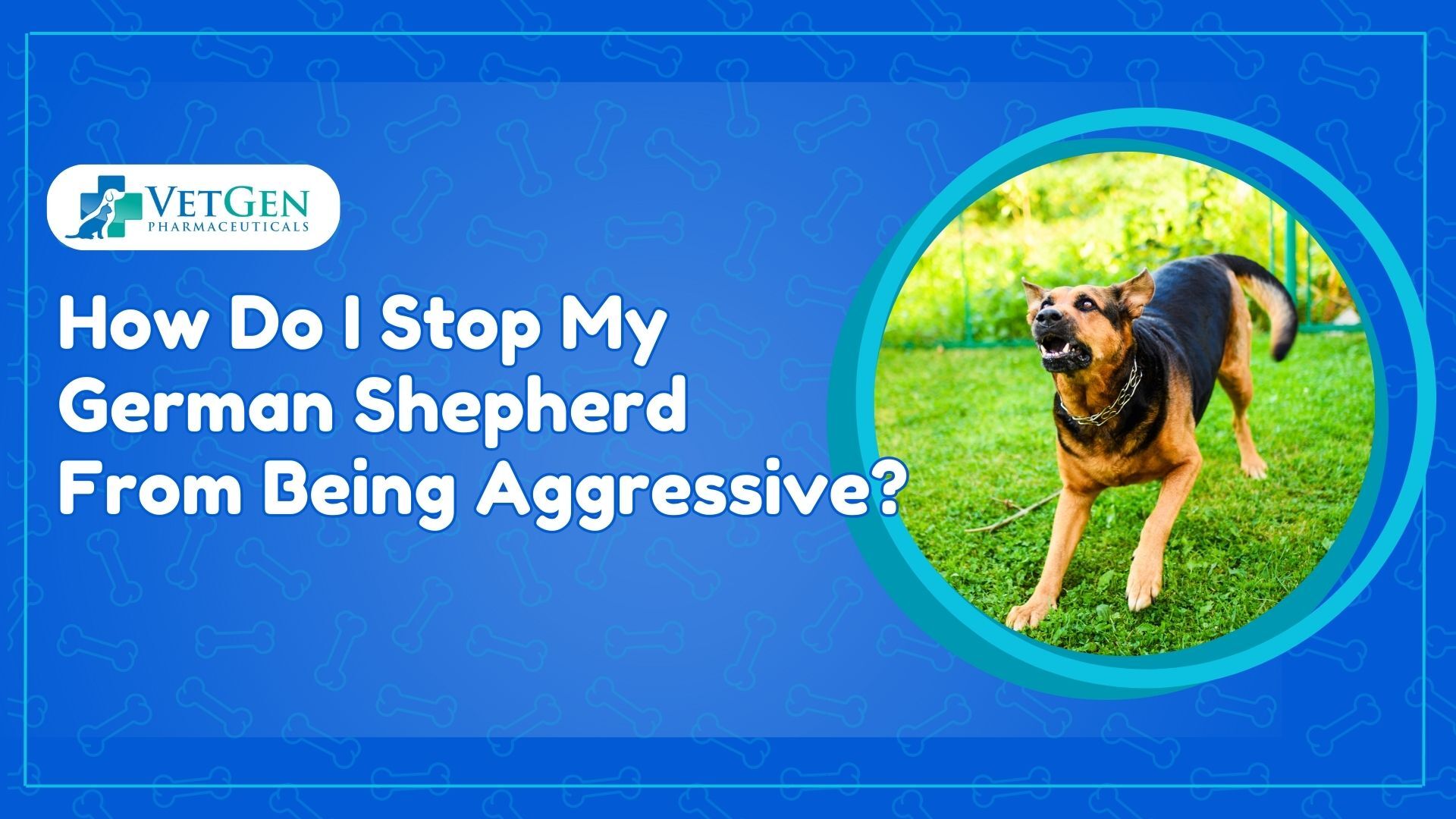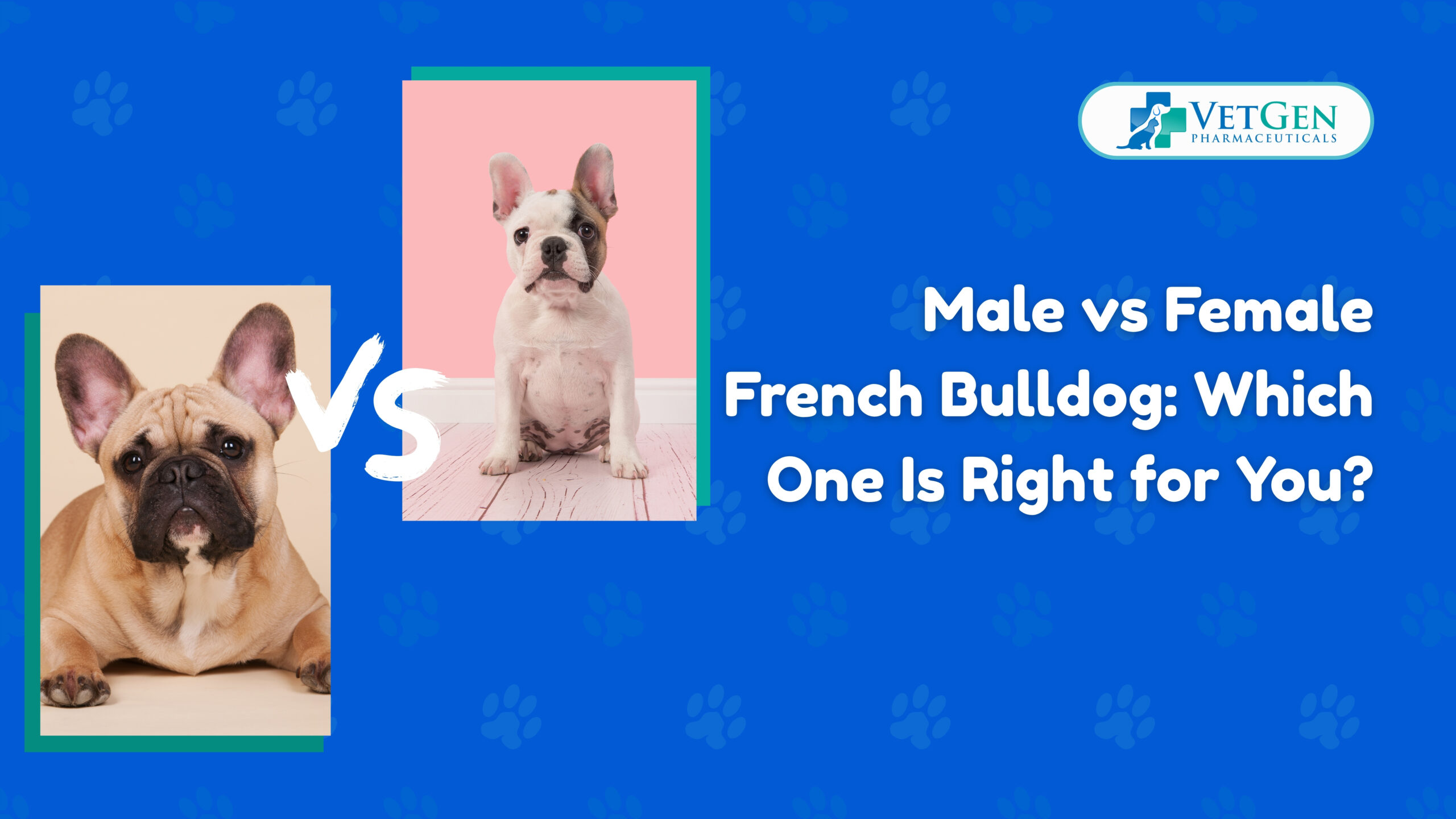The German Shepherds are smart, friendly, and guard dogs. However, this protective instinct may sometimes lead to aggressive behavior if not well managed. Of course, aggression is not always good, but it is important to realize that it is a signal of different things.
It is, therefore, important to understand that with the right attitude, it is very easy to train your German Shepherd not to be aggressive. Here is a guide that will help you stop my German Shepherd from being aggressive:
1. Learn why aggression is being exhibited
The first thing that must be done in order to address aggression is to know what causes it. Aggression in German Shepherds can stem from various causes, including:
- Fear or anxiety
- Territorial behavior
- Lack of socialization
- Pain or medical issues
- Jealous over family or things like cars.
After you have established the cause, you can then proceed and correct your German Shepherd in a manner that will assist you in preventing the aggression. For example, a dog that has been aggressive because of fear will need confidence classes, while a dog that has problems with territorial aggression will need boundary training.

2. Socialization of Your Dog Should Be Done Early and Frequently
Socialization is one of the best methods of combating and eliminating aggression. Socializing your German Shepherd also assists in reducing stress and anxiety in new environments, and they are comfortable with new people and other animals.
If your dog has not been socialized, then you should start slowly. Introduce them to new things at a pace that they can digest and ensure all the interactions are with friendly people. The child should be rewarded and encouraged to behave properly in order to make him or her realize that such circumstances are harmless.
3. Positive Reinforcement Training
Another way of ensuring that your German Shepherd does not become aggressive is by rewarding your pet. This method involves the use of treats, praise, or toys to make the patient change his or her behavior, for instance, not getting angry when exposed to triggers.
Do not shout at your dog or punish him roughly because this will only aggravate the situation and make your dog even more aggressive and also it will destroy the bond of trust between you and your dog. However, it is important to reward the positive behavior and at the same time, to punish the negative behavior. For example, if your dog begins to growl while on a walk, you should teach it to remain still and just walk by other dogs or people.

4. Set Clear Boundaries and Establish Leadership
German Shepherds are happiest in a situation where they know their place in the pack. It also decreases anxiety and aggression if you make yourself look like a confident and unchanging authority figure.
Make sure that all the family members know the rules and regulations and that they are followed to the letter. This brings some sort of discipline and makes your dog feel at ease hence eradicating any possibility of aggression.
5. Exercise and Mental Activity Should Be Given In The Correct Ratio
Lack of physical activity and inactivity leads to frustration and aggressive behavior. German Shepherds are working dogs and need to be exercised physically and mentally on a daily basis or they will create their own exercise.
Your dog should be exercised for at least 1-2 hours daily, this can be in the form of a walk, play or training. Not less important is the activity of their brains; the puzzle toys, obedience training and agility exercises are good for them.
Exercise not only helps them to calm down but also helps to strengthen their physical condition.
6. Aggressive Triggers Desensitize and Counter Condition
There are techniques to stop my German Shepherd from being aggressive: desensitization and counterconditioning. They’re methods of gradually exposing your dog to their triggers in a controlled environment while rewarding calm behavior.
Let’s say your dog is aggressive toward strangers, for instance, you can begin with having them watch a stranger at a safe distance. Reward calm behavior, and decrease distance gradually over time. It helps your dog connect the trigger with good things, and not fear or stress.
7. If You Need Help, Seek Professional Help
But if your dog’s aggression isn’t responding to your efforts to manage it, or if it’s a safety issue, it’s time to get professional help. An expert dog trainer or animal behaviorist can help and create a custom training plan.
In addition, they can assist you in finding the subtle triggers and body language cues you may have missed that will point you in the right direction to stop aggression.
8. Rule Out Medical Issues
Aggression can sometimes be related to health problems. Your dog is acting out because he is in pain, uncomfortable or has neurological issues. If your German Shepherd is acting out of the blue, becoming aggressive for no reason, schedule a visit to the vet for a thorough check up.
Aggression can be greatly reduced if any medical conditions are treated and will improve your dog’s general well being.

Conclusion
Aggression in a German Shepherd is not an impossible thing to deal with. You can stop your German Shepherd from becoming aggressive by finding the root cause, providing consistent training and socializing your German Shepherd. To help your dog become a calm and well behaved companion, patience, persistence and positive reinforcement are important.
Frequently Asked Questions
What leads to aggression in German Shepherds?
The reasons for aggression in German Shepherds include; fear, territorial issues, lack of socialization, and health issues. This is because the way of handling the behavior depends on the specific cause of the behavior.
Can I Stop My German Shepherd From Being Aggressive without seeking the help of a professional?
However, it is important to note that most of the aggressive behaviors can be prevented through training and socialization. However, if the aggression is severe or persistent, it is recommended to seek help from a professional dog trainer or a behaviorist.
How does socialization help to reduce aggression?
Socialization enables your German Shepherd to be acquainted with various surroundings hence no fear or anxiety. New people, animals and environments should be taken to the child to elicit positive responses and reduce aggression.
In what ways does exercise help to decrease aggression?
Exercise also helps in the release of energy that may have been stored and leads to stress which is a cause of aggression. Your German Shepherd requires both physical and mental exercise to keep him or her in good condition.
Should a German Shepherd be punished for aggressive behavior?
No, punishment can worsen aggression and harm the relationship you have with your dog. However, it is better to use only positive motivation to make the child stay calm and behave properly and address to a specialist if needed.






